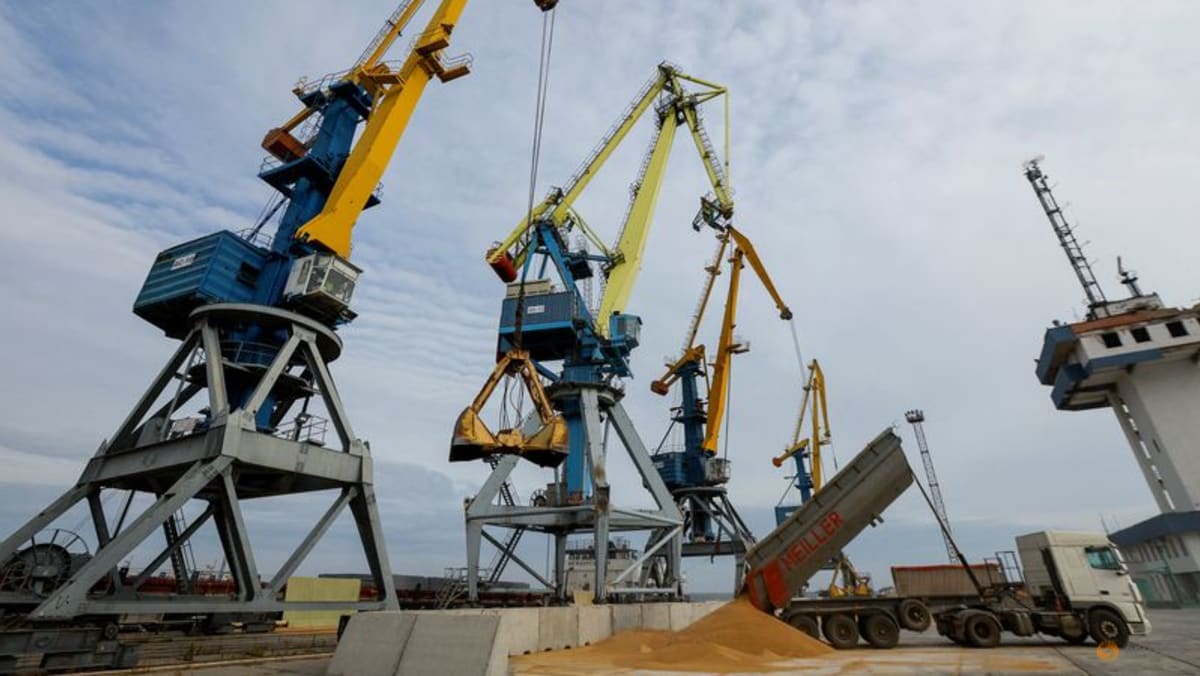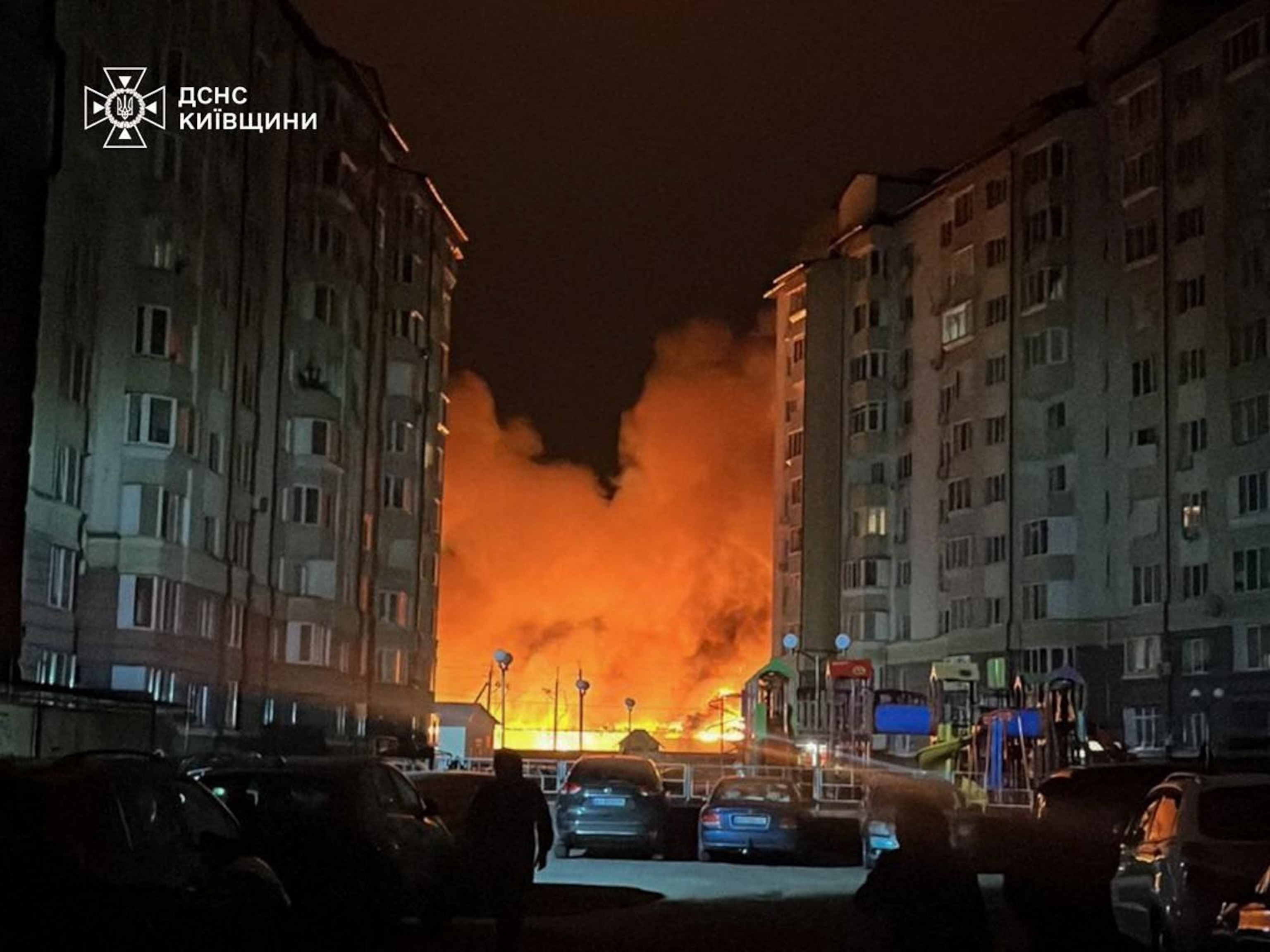In Ukraine’s bombarded ports, ship buyers scout for deals

TRADE RUCTIONS
The war in Ukraine created an unprecedented ruction for the shipping industry, turning ports that were crucial to the global trade in grain and metals into mined, no-go areas overnight.
The gross tonnage of ships calling at Ukrainian ports during the first quarter of 2023 was down more than 70 per cent compared with the average in the year before the invasion, according to analysis by the OECD published in November 2023.
Currently, ships can only leave Ukraine from three ports – Odesa, Chornomorsk and Pivdennyi – along a temporary route set up for civilian vessels that has no formal safety guarantees, though Russia says it does not target non-military ships.
London-listed shipping company Taylor Maritime Investments had a ship stranded in Ukraine at an undisclosed port and claimed insurance in late February 2023, after which the group said the ship left its ownership. The company declined to give further details.
“We put the safety of our crew first in all circumstances when there’s real risk,” CEO Edward Buttery told Reuters.
“I don’t want to be responsible for people getting injured or worse when I have the ability not to have to make that decision.”
Others, though, are willing to take chances. The three sources said Hamburg-based shipping company Blumenthal JMK bought at least four ships in Ukraine, including the Liberian-flagged Primus which sailed out of Odesa last August and is listed as being managed by Blumenthal’s unit in Asia, with the owner’s details care of Blumenthal in Asia.
The company did not respond to requests for comment.
Other buyers appear to be companies registered in Liberia or unknown parties, according to shipping records.
But even at low prices, the stakes are getting higher for buyers. Insurance is far more expensive than for owners who bought the ships before the war, and is now renewed on a weekly basis.
The cost of maintaining vessels includes paying for insurance – a percentage of the ship’s value – which is currently running at around 1.5 per cent weekly for additional war risk insurance alone.
The stuck ships’ value varies from US$20 million to US$200 million, the three sources said.
Owners also need to pay for keeping the vessel maintained and other expenses including a basic crew, usually local Ukrainians, the sources added.
Even when stationary, ships in Ukrainian ports are vulnerable.
On Feb 27, the Turkey-flagged general cargo ship Kuruoglu-3 was hit by two Russian missiles while docked in Kherson, causing the vessel to list on its side, with concerns that it may eventually sink as it is not fully crewed, a representative of the vessel’s owner Kuruoglu Maritime told Reuters.
But some ship buyers are familiar with such risks.
“It’s surprising the markets … that you had no idea existed,” said Adrian Cox, CEO of insurer Beazley.
“Just like there’s a market for distressed debt, there’s a market for stuck ships.”
Source: CNA















